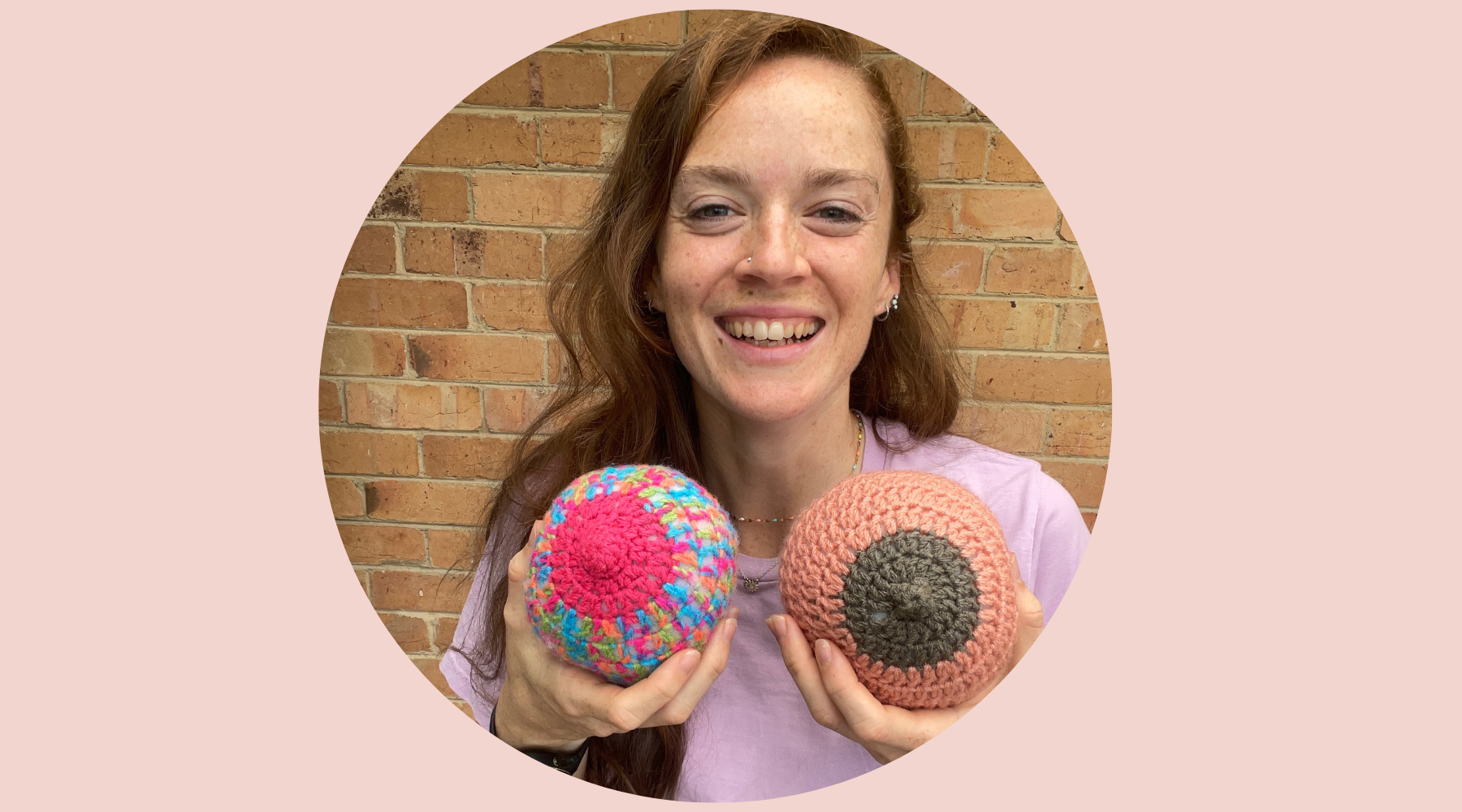Pregnancy, birth and your transition into parenthood is an exciting yet equally overwhelming time. We sat down with Christina McKay, a Melbourne mother of two (Violet, 4, and Phoenix, 2), Education Manager at The Memo, and Hypnobirthing Practitioner, to gain insights into what we need to know. Christina’s experience underscores the transformative power of knowledge, advocacy, and support in childbirth. We asked her to share five insights on childbirth, motherhood, and postpartum that every mother should know.

Knowledge is Power
Understanding the female body and the processes involved in labour, childbirth, and postpartum is crucial. Christina emphasises that this knowledge should no longer be considered secret women's business. Many women are unaware of how their bodies function during these stages. By learning about the birth process, the role of hormones, and how to harness their power, women can prepare for a beautiful and mpowering birth. Endorphins, for instance, can be 20-40% more powerful than morphine, offering natural pain relief. Armed with this knowledge, an assortment of tools, and a supportive team, the likelihood of a positive birth experience increases significantly.
Advocacy in birth: being seen, heard, and empowered
Christina stresses the importance of advocacy in the birth suite, a place where the ‘Good Girl’ mentality has no place. Society often moulds women to fit into certain roles, but childbirth requires stepping out of these constraints. Advocacy isn’t about being combative; it’s about seeking information and speaking up when something doesn’t feel right. Even in a room full of medical professionals, a woman knows her body and her baby better than anyone. Consent for medical procedures should always be given, and women should understand that they can decline routine interventions if they don’t feel necessary. This empowerment helps avoid or overcome birth trauma.
The birth environment, birthing positions, and the power of the mind
Childbirth, like other physiological functions, should take place in a safe, supported, and private environment to reduce stress, fear, and pain. Staying at home as long as possible during labour can facilitate progress, as it’s a familiar and comfortable setting. Christina highlights the importance of birthing positions; staying off your back can increase pelvic size by up to 20%, potentially leading to a smoother labour with fewer interventions. Creating a calming environment with dim lighting, music, a warm bath, and a supportive partner can enhance the birth experience by boosting endorphin levels.
Lowering expectations: the reality of the 6-Week check-up
Christina advises against viewing the six-week postpartum check-up as a milestone for returning to normal life. This check-up primarily assesses the uterus’s return to its original size, approximately the size of a pear. However, every woman’s readiness to resume activities like intercourse and exercise varies. Embracing motherhood, the new body, identity, and life requires patience and grace. The focus should be on understanding and validating the new self rather than rushing to bounce back to pre-pregnancy norms.
Postpartum is forever: investing in yourself
The postpartum period is a transformative and humbling time where a mother is essentially reborn. Christina highlights the importance of planning for the postpartum period, especially for second-time mothers. This phase requires a village of support to navigate new life and body changes. Investing in breastfeeding education, pelvic floor health, and mental well-being is crucial. Seeking help from a psychologist, pelvic floor physiotherapist, and lactation consultant can provide the necessary support for a smooth postpartum journey.
Christina McKay’s insights offer valuable guidance for expectant and new mothers. By embracing knowledge, advocating for oneself, creating a supportive birth environment, managing postpartum expectations, and investing in postpartum care, mothers can navigate childbirth and motherhood with confidence and empowerment.






